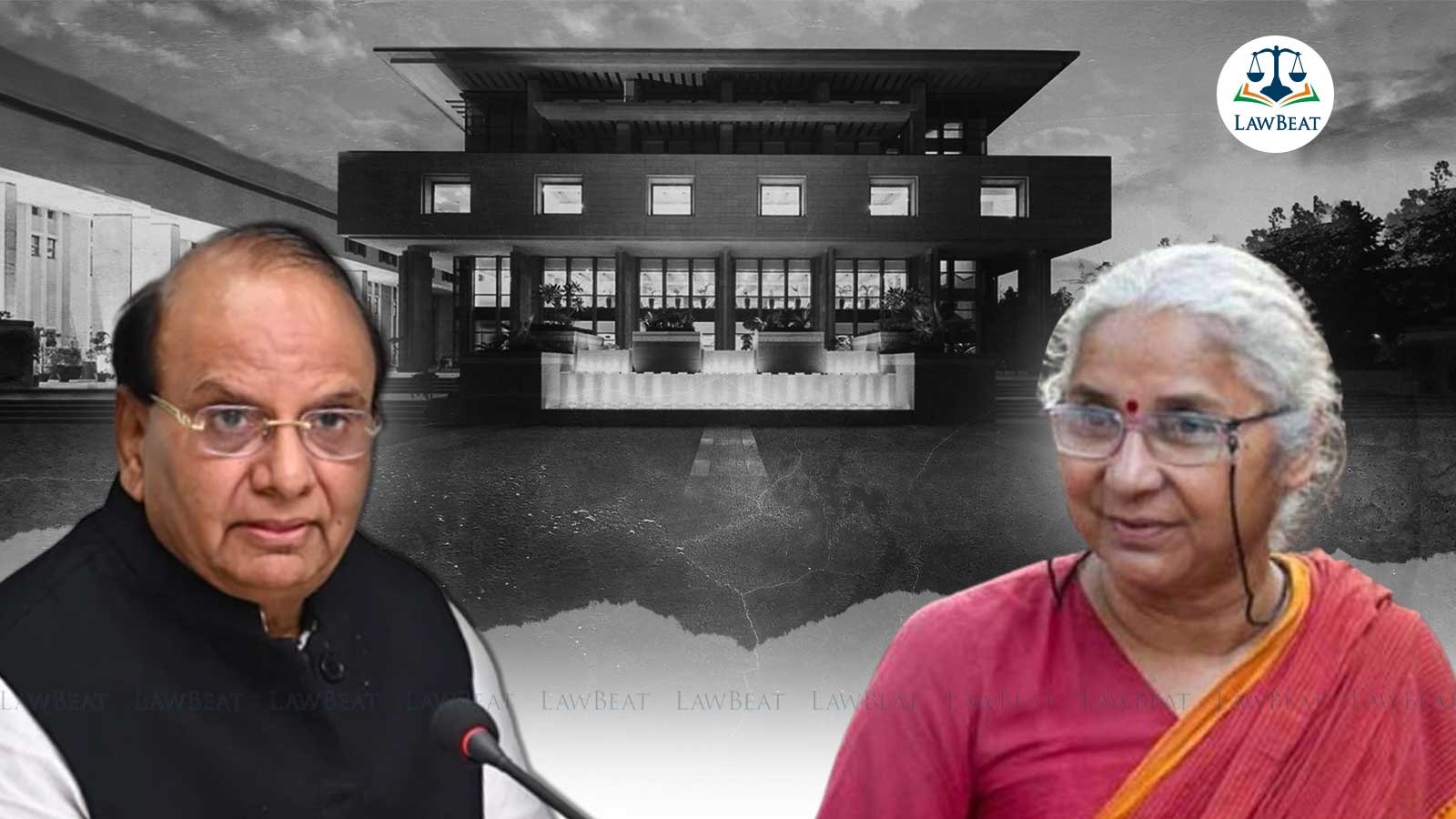Delhi Court Holds Medha Patkar Guilty In 20 yr old Defamation Case By Lt Gov Saxena

Medha Patkar had issued a press release, titled ‘True Face of Patriot’, wherein she alleged many derogatory statements against VK Saxena, which raised queries regarding the association between the Lalbhai Group and Saxena
The Delhi Court, on Friday, underscored the significance of reputation as one of the most valuable assets within an individual's possession. The court made such observations in a defamation complaint brought forth by Delhi Lieutenant Governor VK Saxena against Medha Patkar in November 2000.
“Reputation is one of the most valuable assets a person can possess, as it affects both personal and professional relationships and can significantly impact an individual’s standing in society”, Metropolitan Magistrate Raghav Sharma held.
The complaint was filed, while he was the President of the National Council of Civil Liberties (NCCL). Notably, the organization spearheaded initiatives unveiling unfair trade practices across various companies and exposed widespread sales tax evasion in interstate transactions, among other critical public interest matters. Particularly, the organization was fervently committed to ensuring the timely realization of the Sardar Sarovar Project, aimed at delivering water to rural regions in Gujarat.
LG VK Saxena, represented by Advocate Gajinder Kumar, contended that the statements contained within the mentioned case were replete with innuendos, unfounded allegations, and imputations. He asserted that these words were disseminated with the intent of tarnishing his reputation, with full knowledge or reasonable belief regarding the resultant damage to his standing. Saxena further alleged that the derogatory insinuations and imputations articulated by Patkar aimed to besmirch his moral and intellectual character in the eyes of the public. He claimed that these accusations led to his public defamation and inflicted harm upon his character.
Patkar was represented by Advocate Sridevi Pannikar.
The main issue of contention was 'Whether by circulating these insinuations, Patkar intended to harm Saxena's reputation or was aware or had reason to believe that such actions would cause reputational harm?'.
The court meticulously examined the case and observed that Patkar, through the dissemination of a press note, conveyed accusations suggesting that Saxena had visited Malegaon, expressed admiration for the Narmada Bachao Andolan, issued a cheque amounting to Rs 40,000 from the Lal Bhai group, and labeled him as a coward rather than a patriot.
Before delving into the evidence, the court deemed it necessary to elucidate the interpretation of the terms ‘makes or publishes’. The court concluded that for defamation to be established, it is pivotal that the accusations are brought to the public's attention and made accessible to them. Without such communication or dissemination, the essential element of ‘making and publishing’ would remain unproven.
Patkar's admission to issuing the press note containing the aforementioned statements, which remained uncontested during the trial, played a crucial role in establishing her culpability. These statements attributed actions to Saxena and constituted accusations against him. By admitting to issuing the press note and making it public, Patkar disseminated the accusations.
The court's examination of the matter revealed Patkar's intention to harm Saxena's reputation through the publication of the statements. To ascertain whether the published imputation constituted defamation, the court referred to the essential elements outlined in section 499 of the Indian Penal Code (IPC). It emphasized that defamation does not necessitate the demonstration of actual harm to reputation but rather the intention, knowledge, or belief that the statement would harm reputation.
“Explanation 4 to section 499 IPC however, clarifies that imputation can be said to cause harm, when it lowers the character moral/intellectual of that person or lowers the credit of that person, in the estimation of others. This explanation means that for proof of defamation, it would be essential to prove that imputation made was capable of causing such harm. There may be cases where the imputation is per-se of such a nature that it doesn’t require proof of harm as on the face of it, it shows that it is defamatory, whereas in other cases evidence would be required to prove that it was defamatory”, the court clarified.
Patkar's statements explicitly aimed to defame Saxena by associating him with illegal financial transactions and questioning his patriotism. Her deliberate and calculated statements indicated a clear intent to tarnish Saxena's reputation without substantial evidence. Moreover, Patkar's use of emotionally charged language and focus on sensitive issues such as financial integrity and national loyalty illustrated her deliberate efforts to damage Saxena's reputation further.
The court noted that Saxena presented evidence demonstrating that Patkar's accusations damaged his reputation among the general public. Witnesses corroborated Saxena's stance, highlighting his support for certain projects and his opposition to the entities mentioned by Patkar. Additionally, evidence presented by witnesses confirmed the actual harm caused to Saxena's reputation, as inquiries and discussions arose regarding his actions following the publication of the press note.
The court concluded that Patkar's defamatory statements were intended to sway public opinion negatively, causing substantial harm to Saxena's credibility and public standing.
Case Title: VK Saxena v Medha Patkar
